What if, as a business owner, you find a solution that makes the business more profitable, but the solution requires you to make cuts that increase the possibility of harm to your employees, clients, or even yourself. What if, as a business owner, you find a solution that compromises an important personal value but gets the job done? What should you do? Adrienne Fitzer, Founder and CEO of ABAC, LLC, has decided to pull from one of her favorite topics to present on since 2018 and start a series on what it means to have an ethical business.
Business Ethics
You have a great deal to navigate when you start and run a business. Even if you come from a long line of self-starters, business owners, entrepreneurs, or went to business school, nothing quite prepares you for when you start something of your own. While there are positive outcomes and milestones that will excite and motivate you, there are many barriers one must navigate early on (and as time goes on) to get from one positive to another. (At ABAC we call these positives “Dings” as in the sound of the tabletop bell that we hit when something positive happens here.)
Barriers are problems that need solutions. They can be as big as not always having enough money coming in to pay employees or finding out a long-term vendor will longer work with you. When you hit a barrier that could impact the success of your business you often need to act fast. Having a good foundation in business ethics can certainly help you when you need to make on-the-spot decisions but, at a minimum, having a core set of company values that you refer to when you must make those decisions can help turn things around without compromising your company’s mission.
There are many business owners that make decisions for their business based on more than if a solution will get the job done or increase the bottom line. These owners may consider how their decisions will improve sustainability, positively (or negatively) impact employees (customers and/or vendors), and increase accessibility. The decisions may not always be conventional and are sometimes not easy to implement, but in the end, they remove barriers, large and small. Those business owners, whether they know it or not, often base their decisions on their own set of business “morals” or ethics.
What are business ethics?
According to the Cambridge English Dictionary, “business ethics” are:
“-rules, principles, and standards for deciding what is morally right or wrong when doing business”
It stands to reason that if these rules or principles that helps us make ethical decisions and ethical decisions morally right or morally wrong, we need a better handle on what is morally right or wrong.
So, I checked the definition of morally:
“-based on principles that you or people in general consider to be right, honest, or acceptable.”
Alrighty, so business ethics are rules and principles or standards for deciding what is right or wrong based principles that you or people in general consider to be right, honest, or acceptable.
That does not seem too hard… but wait… isn’t there a big difference between “right” or “honest” and “acceptable?” If telling a small lie to protect someone is generally acceptable, it doesn’t mean it is honest.
Should I go back to the dictionary again? I could, but it won’t get us anywhere. It turns out there is an entire field of academic study on business ethics. I found a really nice entry in the Stanford Encyclopedia of Philosophy titled “Business Ethics” and after reading it, it became clear that stacking up dictionary entries is not going to cut it when it comes to truly understanding Business Ethics.
Let us be honest, as business owners, we don’t have time to go back to school or even to ponder the philosophy behind business ethics or morals (or if there is a difference between the two). We need to make decisions and ideally ones that do not compromise who we are or what our business stands for while getting the job done.
I will turn to an article that I found when I was originally researching this topic in 2018. It was published on Forbes.com by Bruce Weinstein author of the book Ethical Intelligence. In “Is there really a difference between ethics and morality in business?” he states:
There is no meaningful difference between the concepts of ethics and morality, but I’ll explain why you should choose one word or the other and stick to it in business and beyond. Better yet, avoid using either word and speak instead about doing the right thing, acting honorably or leading with high character.
Doing the right thing and acting honorably
Still doubting that ethics and morality in business can be summed up easily? I am. If the political and social climate of 2020 has taught us anything, it is that two people (or groups) coming from opposite ends of an issue think they are both doing the right thing and acting honorably while believing that the other is wrong and immoral.
Before we continue, we should go back to the Cambridge English Dictionary’s definition of “morally.” It included the following statement:
principles that you or people in general consider to be right, honest, or acceptable.
Forget about what the definitions of right or honest or acceptable are for a moment. The important piece is that these principles are sometimes self-defined and other times defined by the verbal community (religious community, political community, cultural community, etc.) you belong to or associate with. If that is the case, then what is morally right for you may not be for someone else, and interestingly, what may be morally wrong for the community you work in or serve may be morally right for you.
The thing is, there is no right or wrong answer when it comes to certain things. There are grey areas and context to consider. For example, while in some cultures it is considered sexist, inappropriate, and/or demeaning to require women to wear longer “modest” skirts to work each day, in others, it may be necessary to best engage, support, or serve individuals for whom that is the norm and for whom you could not provide care or services to if you did not. What matters in this case, is not that the skirt is required for the purpose of the job, but that the decision made, and the way it is relayed, respects employees’ choice NOT to wear skirts outside the work environment and respects the clients/customers customs or culture.
Developing Business Ethics Guidelines for Decision Making: Step 1
When the decisions you make as an owner are reliably and guided by principles or standards rooted in values that align with your company’s mission, whatever it may be, you begin to develop a company culture. One where people can expect that you, as a leader will behave in a consistent way, as will the employees. Remember- the “goodness” of fit of that culture may not be right for all or many, as the principles or standards guided by whatever values or mission held may not align with those who are your potential vendors, customers, or clients. This culture may impact who comes to work for you, who will use your company’s product or services, your reputation, and ultimately the longevity of your company.
Doing the right thing when making a decision as a business owner, begins with deciding what will guide your standards or principles, in other words, what are the values that will help you decide what is right for your company. I mentioned a few earlier including sustainability, but many others come to mind. How about treating others the way you would want to be treated, promoting a flexible workplace for employees who are parents and/or a safe and healthy working environment, supporting the education and career growth of entry-level workers within your company, or company giving? There are others as well. Remember- this is not the mission of your company. It does not matter what you sell or offer. These are the guiding principles that help you decide if the decisions you make are the right ones.
Can you think of any? Drop them below.
Next week we will consider this not as a business owner but from the angle of leadership. In the meantime, take some time and jot down what guides the decisions you make in the following areas.
- Marketing, advertising, public statements
- Financial transactions
- Human relations
- Employee/Employer Relationships
- Business partnerships
- Customer relationships
- Information & communication tech
- Social media use
- Record keeping
Continue Reading:





